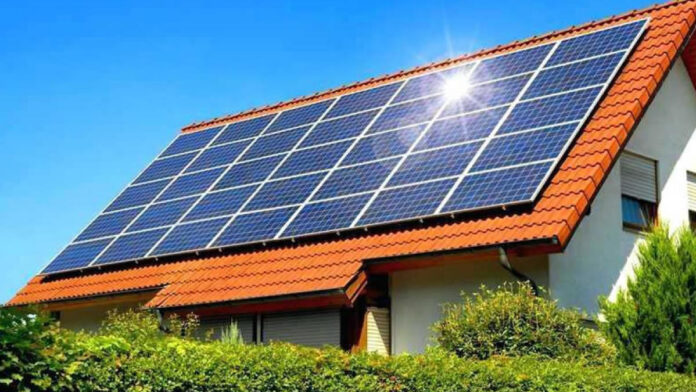Kenya is taking a step towards promoting the uptake of renewable energy by allowing individuals to sell the excess electricity they produce to the national grid. The Energy and Petroleum Regulatory Authority (EPRA) has invited comments on regulations allowing anyone with a Retail Supply Licence to supply power to Kenya Power at an agreed tariff.
The main objective of the regulations is to provide a framework for suppliers or consumers to bank excess energy on the grid, known as net metering. It allows individuals and businesses who generate their electricty from solar, to feed any excess electricity back into the grid. In return, they receive a credit used to offset their energy costs.
The maximum aggregate generation capacity of net-metering systems will be 100MW for Phase One of the program. The EPRA plans to review this cap when attained, but no later than three years after the regulations are gazetted.
Introduction of these regulations is anticipated to drive an increase in the number of solar power projects throughout the nation as investors capitalize on this new opportunity. The net-metering arrangement will have a starting duration of 10 years, and it can be extended after the expiry, with the mutual consent of the supplier and the Energy and Petroleum Regulatory Authority (EPRA).
While the opportunity is there, becoming a supplier does come with a high cost, as the individual must bear all expenses associated with connecting to the national grid. In exchange, for each unit of energy exported during the billing period, the supplier, who is also a consumer, will receive a credit equivalent to 60% of the exported unit. The government will calculate the number of exported units, apply the discount, credit the supplier’s bill with the correct amount of units (kWh), and bill the supplier-consumer for the remaining energy supplied by the licensee using the standard retail tariff schedule rates.
Homeowners will not receive monetary payments for the excess power, but it will only be an incentive to install solar panels. However, large-scale producers will be paid a tariff to be discussed later.
These new regulations represent a significant advancement in promotion of renewable energy in Kenya. By enabling individuals and businesses to sell surplus energy back to the grid, the country is fostering the development of clean energy sources and reducing its reliance on fossil fuels.

